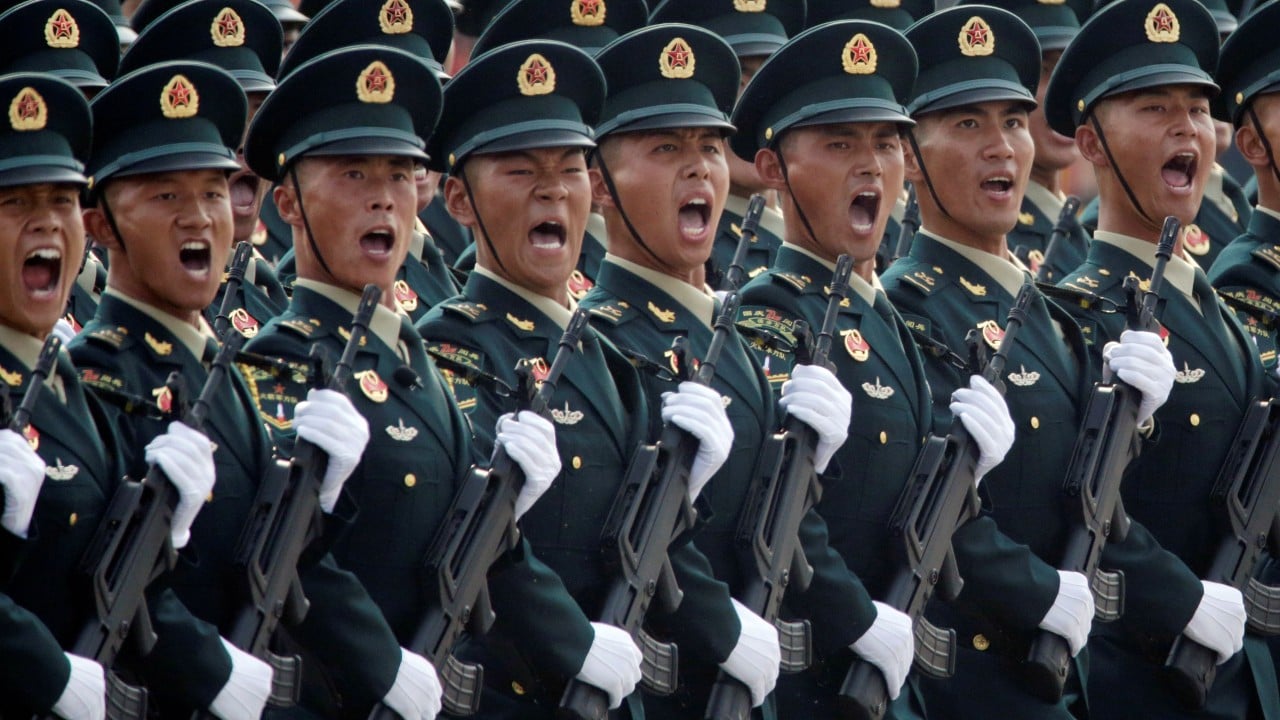
Trump’s America and Xi’s China are dangerously stuck in a rut
- Both Beijing and Washington are retreating to old patterns – of US-bashing or China-bashing. The two countries must move away from rivalry and understand their differences as problems that have solutions
Many of us have just been through a lockdown, and some of us are still stuck in it. Prior to the Covid-19 pandemic, the term usually meant the kind of harsh confinement that would befall inmates of a penal institution in the wake of a prison riot. Slight parallels with what we non-felons have endured lately are obvious.
Recall the warning from one of the greats, literary immortal E.M. Forster. In his short story The Machine Stops, the English author of A Passage to India conjures up a world in which humans hunker down in underground bunker rooms – sustained by food deliveries and a take-charge, in-room communication machine that is the primary link to others. One utterly predictable result was limited thinking.
Forster’s vision was that confinement and technology would render people one-dimensional, having the same recycled conversations and ideas. This knockout of a lockdown story was published in 1909.
If there is a better illustration of mental lockdown than ferociously fraught US-China relations, I am unaware of it. Both so-called superpowers are in trouble. Nightly, you witness scenes of urban implosion in the United States. China, though much harder to assess, may be in deep trouble as well. Who knows?
The Trump and Xi governments have in common a tendency towards non-magical thinking. With China lately, you sense the propaganda playbook mindlessly recycling pre-Deng Xiaoping memes. What else is there to say, right? Analysts hypothesise that China’s leader Xi Jinping aims to deflect doubts about his government’s durability and credibility by such means. But having the propaganda machine continually burn effigies of the US to fuel nationalism is no more original than dressing in a Mao-style jacket. It’s dispiriting to see the revival of this dangerous if laughable ritual.
This bilateral deterioration in both tone and substance comes at a time when the two powers should be working especially hard together. Passage to a higher level of political civilisation is inconceivable via a crawl into the safety of old analogies.

04:12
Are Xi Jinping’s China and Donald Trump’s US destined for armed conflict?
The beauty of his formulation is that many problems have solutions, so you can work hard to find solutions to problems, whereas a state of pure enmity implies eventual conflict. Powell seems the adult in the room trying his best to not to lose his mind amid the madding crowd. Many of us can sympathise with that.
But I’d also be leery of assuming that the US Pacific Command, which showcases the Yokosuka-based Seventh Fleet, America’s huge military marker, is asleep, has no mind of its own, and will always promptly respond to political masters back home no matter how lame the direction. “It’s not Europe we fear, it’s America we fear,” a Chinese diplomat once told me. He was spot on, but he needs to keep in mind: America is more than the Washington elite.
Author and professor Tom Plate is the distinguished scholar of Asian and Pacific Studies at Loyola Marymount University in Los Angeles and vice-president of the Pacific Century Institute

